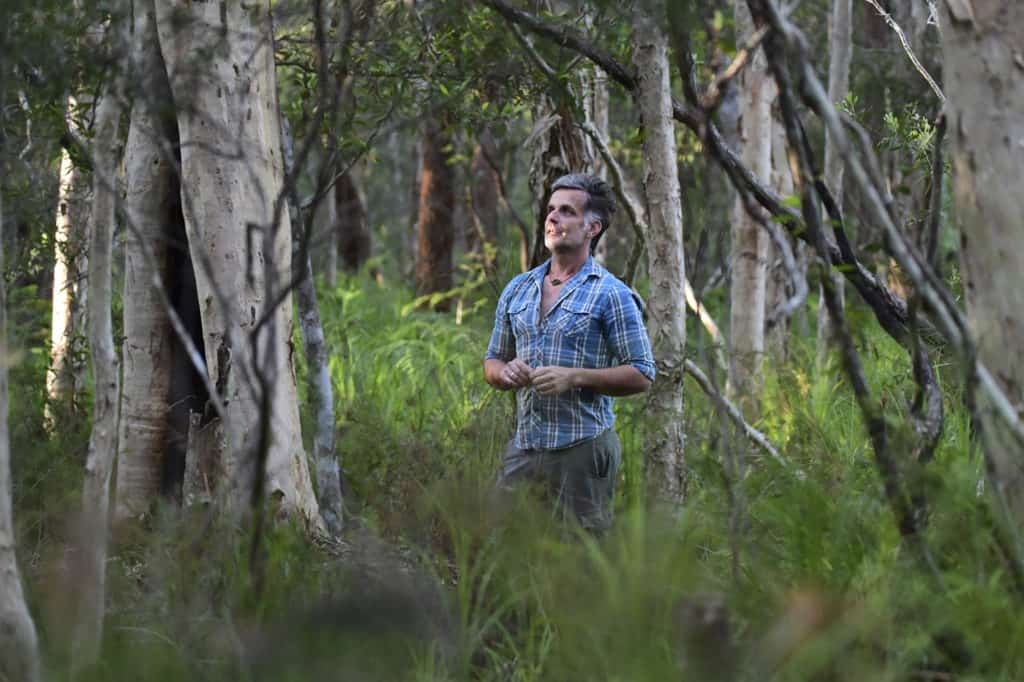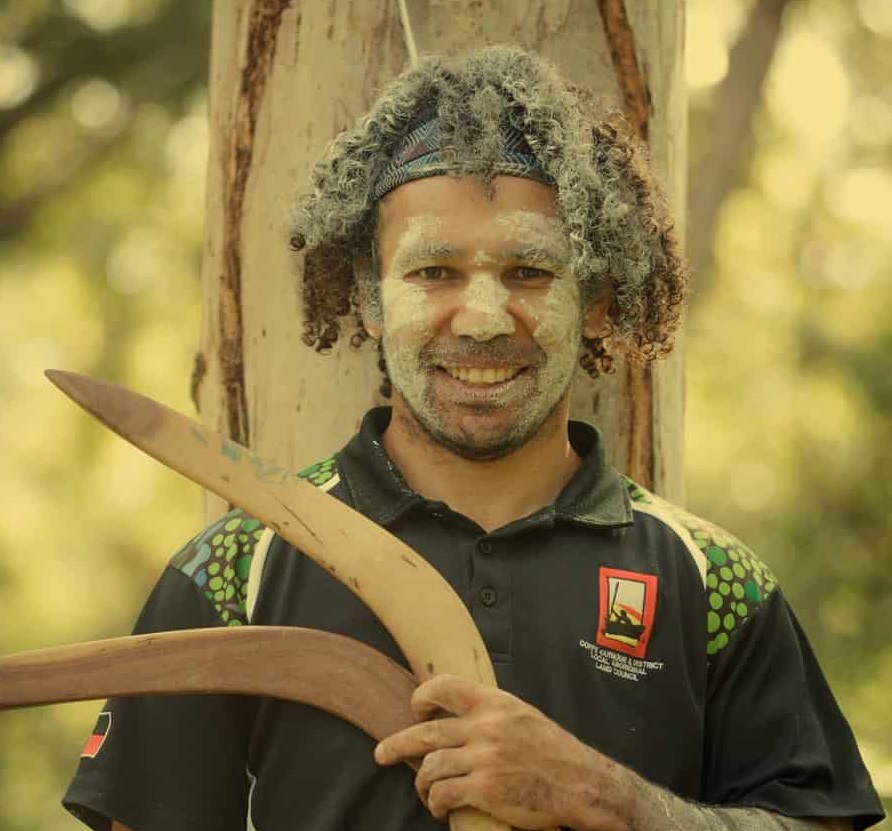The NSW Government is funding a Regional Koala Conservation Partnership with South East Local Land Services under the NSW Koala Strategy.
Additional funding is also being provided for koala habitat restoration to South East Local Land Services, Upper Murrumbidgee Landcare and Upper Snowy Landcare to deliver habitat restoration activities throughout the Southern Tablelands region. This brings the NSW Government’s total investment in Southern Tablelands koalas to $1.1 million.
The NSW Government is investing $600,000 under the NSW Koala Strategy to fund a Regional Koala Conservation Partnership with South East Local Land Services.
The partnership builds on the success of South East Local Land Services’ Cold Country Koala Project, and supports the appointment of a dedicated Koala Officer, who will strategically coordinate local projects aligned with the Koala Strategy to help conserve koalas and their habitat in the region.
Other agencies and organisations that will be involved include Upper Murrumbidgee and Upper Snowy Landcare, NSW National Parks and Wildlife Service, NSW Rural Fire Service, Snowy Monaro Regional Council, Snowy Mountains Wildlife Rescue LAOKO Inc, Two Thumbs Koala Sanctuary, Snowy Vets, Australian National University, Ngarigo Nation Indigenous Corporation, local Aboriginal land councils, ACT Government (Conservation Research) and Forestry NSW.
South East Local Land Services will implement a range of on-ground actions, informed by community and scientific expertise, to protect local koala populations and their habitat under the 4 pillars of the Koala Strategy:
- koala habitat conservation and restoration
- supporting local communities to conserve koalas
- improving the safety and health of koalas
- building our knowledge of koalas.
A Koala Officer, based at South East Local Land Services, will work to achieve the goals of the partnership, and implement koala conservation actions, including:
- coordinating koala habitat restoration on private land
- coordinating the koala monitoring program on private land
- supporting the local koala carer community
- supporting koala research
- providing community engagement and education.
Additional funding will be provided to support habitat restoration in the region. Upper Murrumbidgee and Upper Snowy Landcare are being supported by the NSW Koala Strategy to expand their work restoring koala habitat and to learn more about best practice habitat restoration in the Southern Tablelands.
An advisory committee, including representatives from the Department of Climate Change, Energy, the Environment and Water, South East Local Land Services, Upper Murrumbidgee Landcare and the NSW National Parks and Wildlife Service will support the regional partnership by providing advice relevant to the specific activities undertaken with Koala Strategy funding and identify areas for collaboration and extension.
The Snowy Monaro Koala Reference Group, including representatives from all agencies and organisations involved in this program, along with the Regional Partnership Advisory Committee, will enable extension of the koala conservation activities to other groups and organisations in the community and ensure a strategic approach to all activities to improve community awareness and conservation of koalas across the Snowy Monaro and the Southern Tablelands.
Koalas of the Southern Tablelands, particularly Numeralla, are one of 19 populations across New South Wales that are identified as a priority for immediate investment under the Koala Strategy.
Not only is the Southern Tablelands population prioritised for immediate investment, but it has also been identified as one of the 10 stronghold koala populations in New South Wales. Koala strongholds represent koala populations that are significant in some respect. The Southern Tablelands is significant as it has a large and increasing koala population and the region is likely to be an important refuge area from the impacts of climate change and increasing urbanisation in the coming decades, as it is in the foothills of the NSW Snowy Mountains and its high elevation results in a low risk of heat stress events.
Other regional partnerships have been established across the state, backed by a total investment of $15.7 million, to ensure community expertise and local knowledge are informing on-ground actions.

